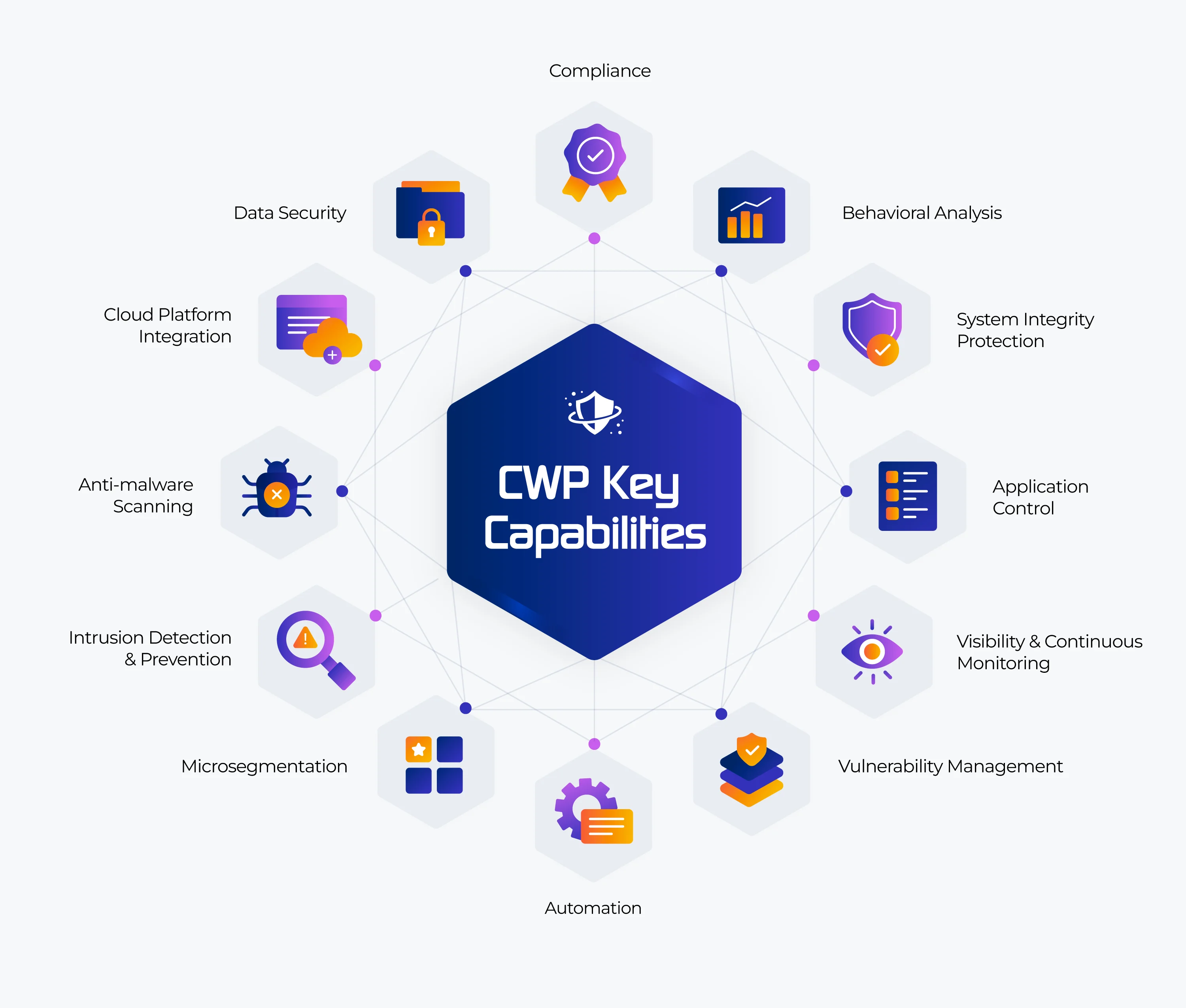In today’s digital era, businesses increasingly rely on cloud environments to host applications, store data, and run critical workloads. While cloud adoption brings flexibility, scalability, and cost efficiency, it also introduces complex security challenges. Organizations face threats ranging from misconfigurations and insider risks to sophisticated cyberattacks targeting cloud workloads. This is where Cloud Workload Protection (CWP) becomes essential, offering comprehensive security solutions tailored to safeguard workloads in cloud infrastructures.
Cloud Workload Protection solutions focus on securing virtual machines, containers, and serverless functions across public, private, and hybrid clouds. Unlike traditional security measures that primarily protect endpoints or networks, CWP addresses the unique requirements of cloud-native environments. By continuously monitoring workloads, these solutions identify vulnerabilities, enforce security policies, and prevent unauthorized access. They also integrate threat intelligence and behavioral analytics to detect abnormal activities that could indicate potential breaches.
One of the key benefits of Cloud Workload Protection is its ability to provide visibility across complex cloud architectures. Organizations often operate workloads in multiple cloud platforms, making it difficult to maintain consistent security. CWP tools offer centralized dashboards that provide real-time insights into security status, compliance posture, and potential risks. This visibility allows security teams to quickly respond to threats and maintain adherence to industry regulations, such as GDPR, HIPAA, or PCI DSS.
Automation plays a critical role in modern CWP solutions. Automated threat detection, patching, and policy enforcement reduce the reliance on manual interventions, minimizing human error and improving operational efficiency. Additionally, many CWP platforms leverage machine learning to analyze large volumes of security data, enabling proactive threat prevention rather than reactive incident response. This approach significantly reduces the risk of breaches and data loss.
As organizations adopt hybrid and multi-cloud strategies, the demand for scalable and flexible security solutions grows. Cloud Workload Protection not only ensures security but also supports business agility. By enabling secure deployment of workloads in dynamic cloud environments, CWP helps organizations innovate faster while maintaining robust protection against cyber threats. Furthermore, these solutions are increasingly integrated with DevOps pipelines, ensuring that security is embedded from the development stage through production deployment.
Source- https://www.marketresearchfuture.com/reports/cloud-workload-protection-market-8116
Cloud Workload Protection has become a cornerstone of modern cybersecurity strategies. By offering continuous monitoring, automated threat prevention, and centralized visibility, CWP ensures that cloud workloads remain secure, compliant, and resilient. For businesses embracing cloud technologies, investing in robust Cloud Workload Protection is no longer optional—it is essential for maintaining trust, safeguarding data, and supporting sustainable digital growth.

